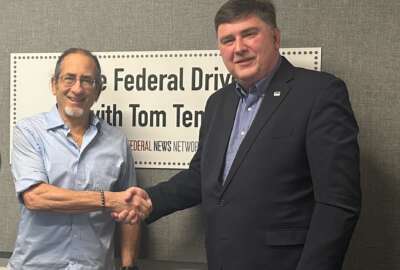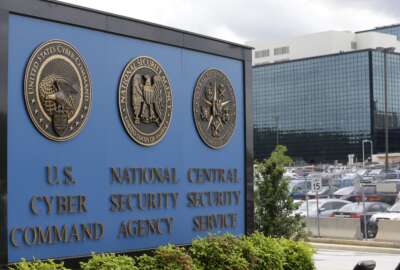State’s Diplopedia promotes diplomatic info sharing
The collaborative tool is an example of how agencies can share information securely. Chris Bronk, a fellow for information technology policy at the James Baker...
wfedstaff | June 3, 2015 7:21 pm
How do you share information in the age of the WikiLeaks leaks? And how does your agency remain open and transparent while still keeping information secure?
Chris Bronk, a fellow for information technology policy at the James Baker Institute for Public Policy at Rice University, helped the State Department create the Diplopedia collaboration tool.
The wiki was created five years ago as a way for diplomats to share knowledge, particularly about the “how-to’s” of the job, Bronk told the DorobekINSIDER.
The information is not “the intelligence stuff, the political stuff.” Rather, users went to the site to find answers to the question, “What do I do?” Bronk said.
Internet Evolution reported that the platform allows employees to share information “without getting on a highly confidential network to do it. And in a post-WikiLeaks world, that’s important.”
WikiLeaks has heightened the risks of a “spillage problem,” but a conservative mindset to information sharing could also backfire, Bronk said.
“That sends the pendulum swinging toward some sort of future event where we say, why didn’t we connect the dots?” he said.
On the other end of the spectrum, sharing information can also create the challenge of sifting through the “deluge of information.”
The “holy grail” is finding a program that will be able to sift through that information.
Read Bronk’s article in World Politics Review.
Copyright © 2025 Federal News Network. All rights reserved. This website is not intended for users located within the European Economic Area.





